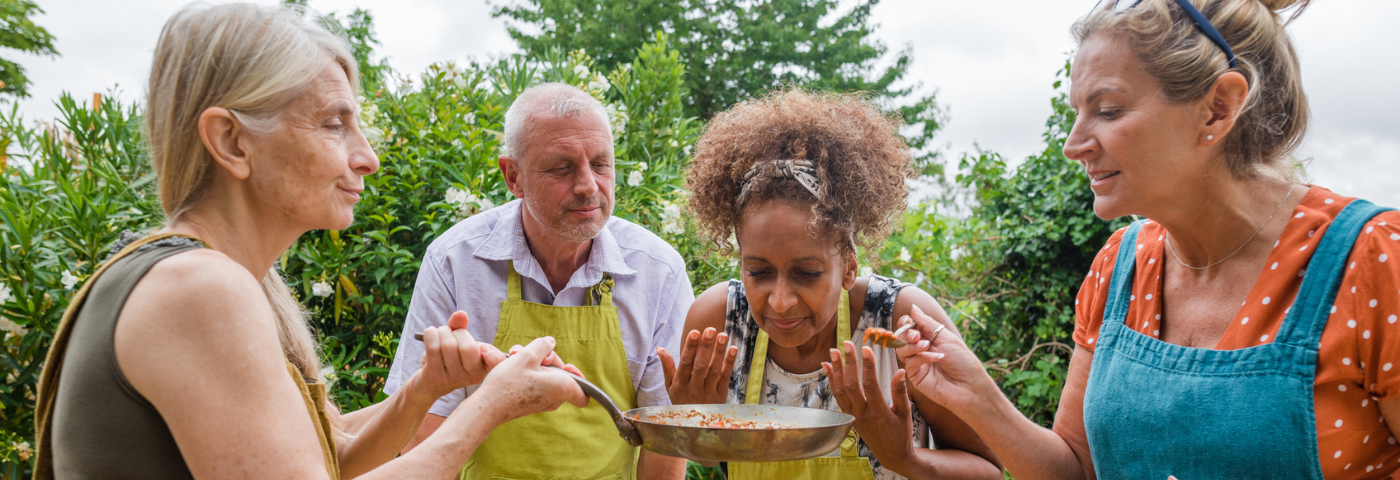*By Marta Poggi
A change in consumer behavior, which reduces goods purchase to invest in experiences has gained strength in recent years. This trend has began with Millennials and, in the post-pandemic, became a consumption desire in practically all traveler generations.
And why has experience tourism been so talked about, so sought after by travelers?
First, because tourist experience is related to feelings and sensations that tourists experience during their trip. It is personal and generates interaction between consumer and environment, which makes the experience memorable. In 1997, the World Tourism Organization – OMT already pointed out as a trend: “traveling to destinations where, more than visiting and contemplating, it would also be possible to feel, live, be moved and be a character of your own trip”.[1]
So, experience tourism is not new, but has become extremely valued by tourists because it is different, exclusive and generates moments that remain in the memory forever.
The experiences can be consumed far away or close to home, on vacation or weekend, it doesn’t matter. There are many experience examples, from the simplest, such as a picnic in the countryside, to the most sophisticated, such as Piracaia on the Tapajós River, in Pará, interactive visits to indigenous or quilombola communities, sunset parties in wineries or rooftops, night tour under the full moon at Iguazu Falls, tastings and pairings of wine, beer, olive oil, etc.
Another factor that explains the greater demand for touristic experiences is that the traveler wants to learn during the trips and return home with more luggage than when he/she left home, in the sense of having more knowledge and stories to tell. The traveler is not satisfied with just visiting and photographing postcards of famous destinations. On the contrary, he/she wants to interact with the locals, get to know the “roots” version of the destination, knowledge, and local flavors.
In some cases, he/she ceases to be a spectator and becomes the protagonist. This happens when he/she “gets the hands dirty”, that is, participates in a pottery workshop, cooking class or learns to make his/her own gin or beer. Historically, tourists would decide where to go and then what to do or visit. Today, their travel decisions are based on the experience they want to have, to then decide where to travel. And few tourism providers realize this change and continue to offer travel options with focus on the destination.
It is worth betting on tourist experiences because, in addition to meet the desire of this “new” traveler, they generate more profitability, since they have more added value than traditional services. Furthermore, they set the company apart from the competition, increase brand awareness and the company’s competitiveness in the market.
The destinations also benefit, as they have their image linked to modern companies and end up having more appeal to tourists. These products with more added value (local living and experiences) contribute to another much-needed change: We focus on the demand quality, which collaborates with the destination sustainability and not on the number of visitors.
As a result, we work with smaller flows, but make a greater economic contribution, which are involved (or at least concerned) with local communities and generally more environmentally aware.
I see the tourism future with great optimism. A better, more qualified tourism that generates real benefits for everyone involved and that, at the same time, contributes to the construction of smart cities and destinations.
[1] World Tourism Organization. Tourism Strategic Studies for 2020. Madrid, 1997.
The opinions expressed in this text are the author’s opinion and do not necessarily reflect the position of WTM Latin America.


